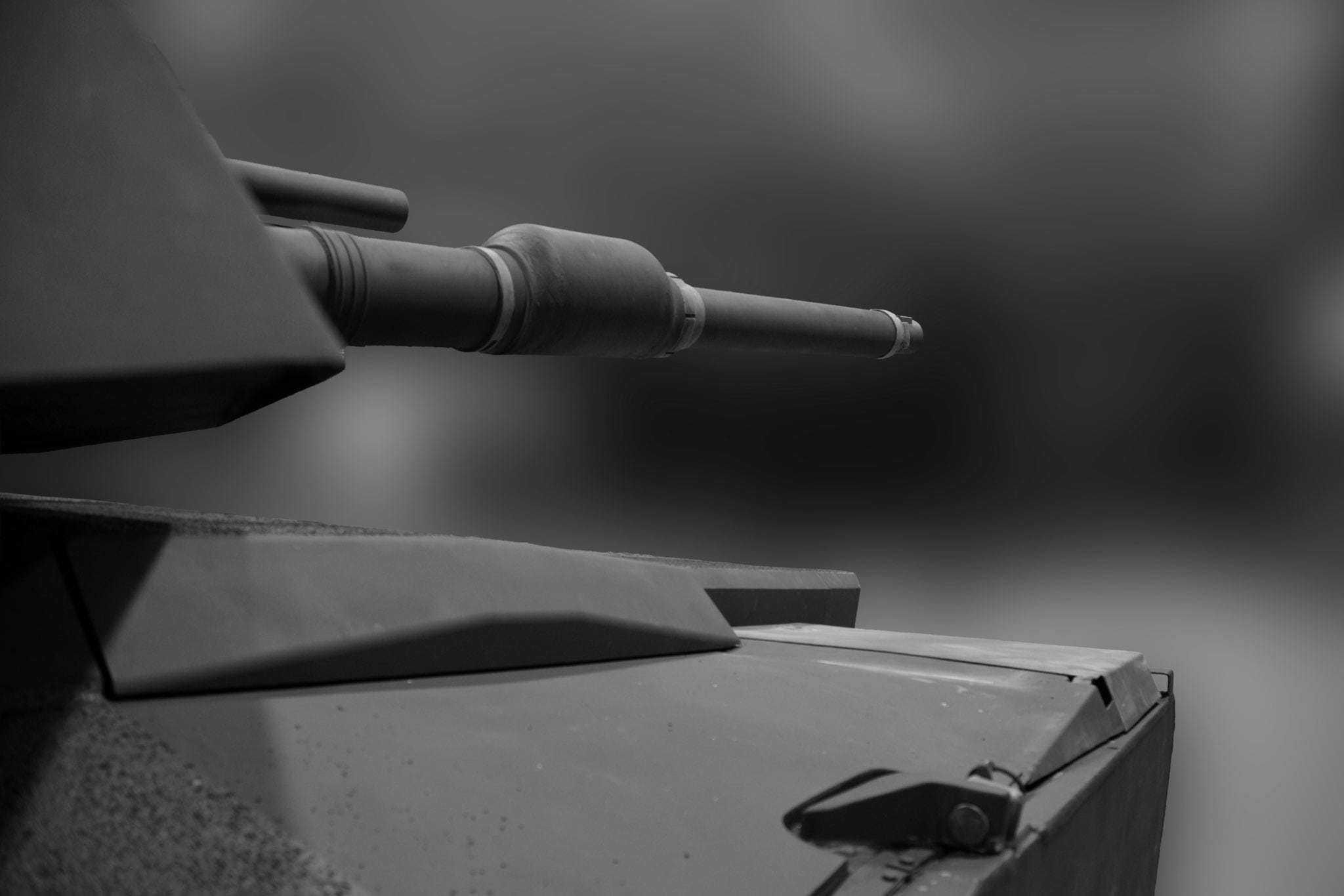source GAIA package: Sx_MilitaryTimes_M6201210206250302_5675.zip Origin key: Sx_MilitaryTimes_M6201210206250302 imported at Fri Jan 8 18:18:06 2016
Master Sgt. Steve Adachi is willing to fight for his country, but not in the Chinese-made boots his unit gave him.
 "I'm troubled that the military continues to downsize because of the budget deficits — budget deficits which are in part a result of millions of unemployed American workers," Adachi wrote in a letter to Air Force Times. "How many American workers are unemployed because military clothing is being produced in foreign countries?"
"I'm troubled that the military continues to downsize because of the budget deficits — budget deficits which are in part a result of millions of unemployed American workers," Adachi wrote in a letter to Air Force Times. "How many American workers are unemployed because military clothing is being produced in foreign countries?"
Adachi is a reservist deployed to Kabul, Afghanistan, with the 438th Air Expeditionary Wing as an adviser to the Afghan air force. His home unit is the 624th Regional Support Group in Hawaii.
Before he deployed, his unit gave him a pair of green boots — standard wear for his airman battle uniform. Much to his dismay, they were made in China. He tried to exchange them at the Joint Base Pearl Harbor-Hickam clothing store, but he was in store for another surprise.
"I was told that the boots were not compliant with the Berry Amendment and I could not exchange them," Adachi said.
The Berry Amendment requires the food, clothing, fabrics and other textiles the Pentagon buys to be grown or made in the U.S.
Adachi turned red, white and blue.
"I went back to the reserves supply warehouse and asked the supply manager why I was issued Chinese-made boots," Adachi said. "He told me that they were less expensive as opposed to the U.S.-made ones. I urged him to reissue me U.S. boots, citing that I did not feel comfortable 'going to war' wearing boots made in China."
Adachi refused to let the matter drop, and he succeeded in getting a smaller pair of U.S.-made boots, which he was able to exchange for American boots in his size.
But that wasn't the end of it. After he got to Afghanistan, he was issued his new uniform — Army Operation Enduring Freedom camouflage, known as OCP — and asked for a pair of the required tan boots. He was told he had to go through his unit, which sent him another pair of boots made in — wait for it — China.
After a flurry of emails, he asked his unit's supply manager via email how he could exchange the boots for ones made in America. The response: "Good luck."
So how did we get to this point?
First, Adachi's boots didn't come from the Defense Logistics Agency, which supplies troops with just about everything, said agency spokeswoman Mimi Schirmacher.
"Defense Logistics Agency Troop Support has an ample supply of the standard Air Force green boots, as well as tan boots worn with the Army Operation Enduring Freedom Camouflage Pattern (OCP) uniform," Schirmacher said in an email. "DLA Troop Support purchases products that we provide to the services in accordance with the Berry Amendment, and does not purchase combat boots or other uniform items made outside the United States."
What happened was Adachi's unit purchased two pairs of the boots from U.S. Patriot LLC in South Carolina.
Company president Paul Yoo doesn't know exactly why Adachi's unit wanted those boots, but they do have some advantages over American-made boots.
The boots are lighter and less expensive than those made in the U.S., Yoo said
Because they are lighter, they can take between 2 and 3 pounds off troops' feet, he said. That allows them to carry more gear and reduces wear and tear on their bodies.
Yoo offered to exchange Adachi's boots free for American-made ones.
"Our organization is staffed, managed and owned primarily by veterans," he said. "I am a 5-year veteran of the United States Army. My second in command in my retail stores, he was a command sergeant major in the Ranger battalions. The husband and wife owners of the company are ex-Army officers. This is the way that we operate."
Adachi is taking Yoo up on his offer.
"Once I receive these boots, [at a minimum] I believe this to be a victory," Adachi said in an email.
As for the Berry Amendment, the person who refused to exchange Adachi's boots for American-made boots may not have been on firm legal footing after all.
Since this was a relatively small order, the Berry Amendment did not apply because the law can be waived for purchases under $150,000, Air Force spokeswoman Jennifer Cassidy said.
The law also has an exception for contingency operations, said Jim Schweiter, an attorney based in Washington who specializes in government contracts.
"If the item is to be purchased for use in support of contingency operations, or the purchase occurs outside the U.S. in support of combat operations, the Berry Amendment doesn't apply, and the item doesn't have to be produced in the U.S.," Schweiter said in an email.
So the boots may comply with the law, but Adachi refuses to wear them. Until he gets his new boots from Yoo, he's sticking with his Air Force ABUs so he can wear his green boots that were made in America.
"I am a career airman with 31 years of continuous service to country," Adachi said. "My concerns are not borne out of retribution — I am not in some kind of administrative trouble, this is not about sour grapes. This is about the countless Americans who are struggling to feed their families; Americans whose livelihoods have been taken away in this so-called global economy.
"This is about patriotism. This is about following the [Berry Amendment] set forth over 60 years ago. This is about American soldiers wearing our country's uniform made by Americans."





